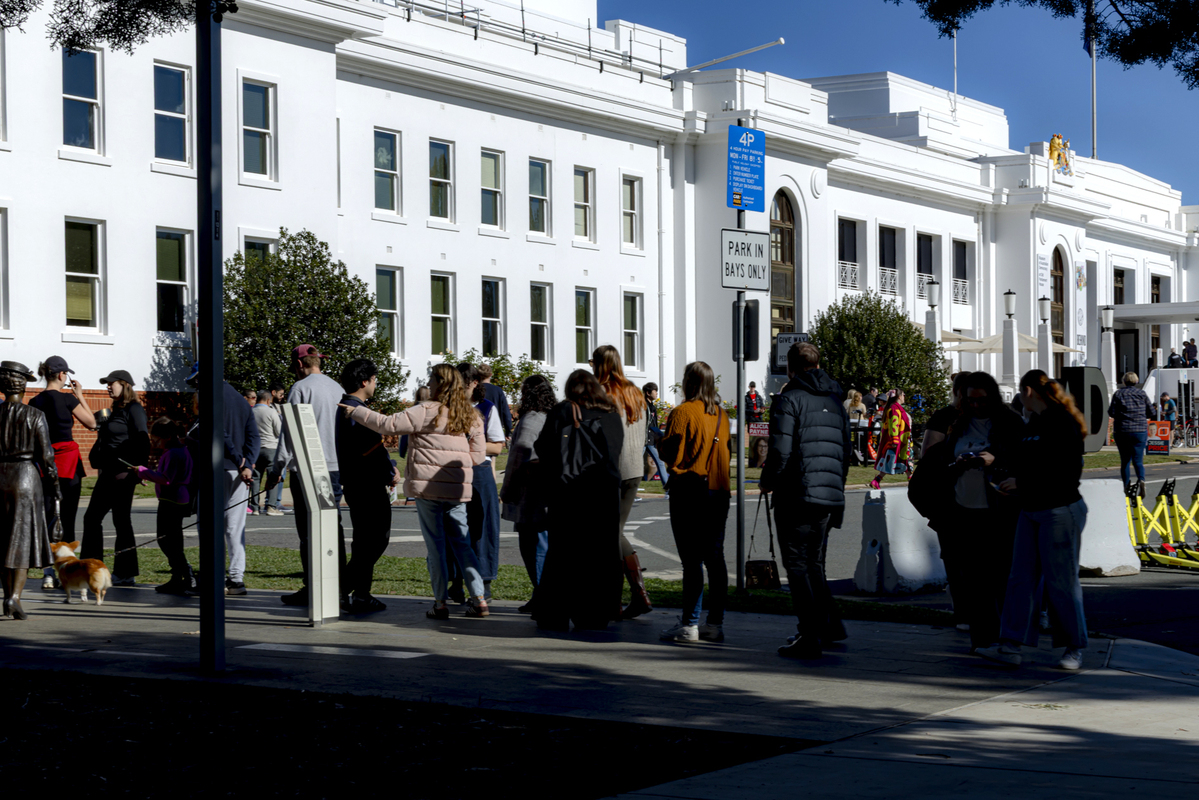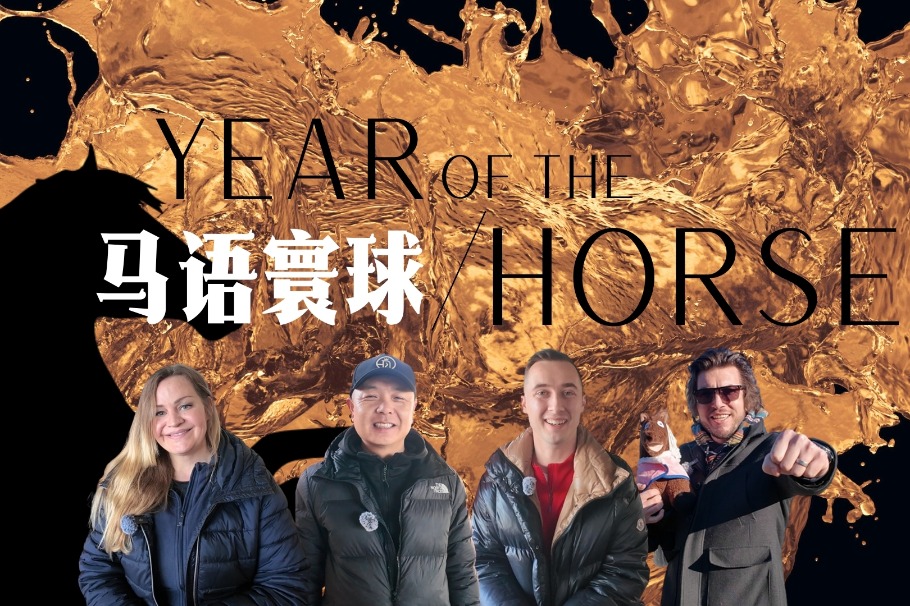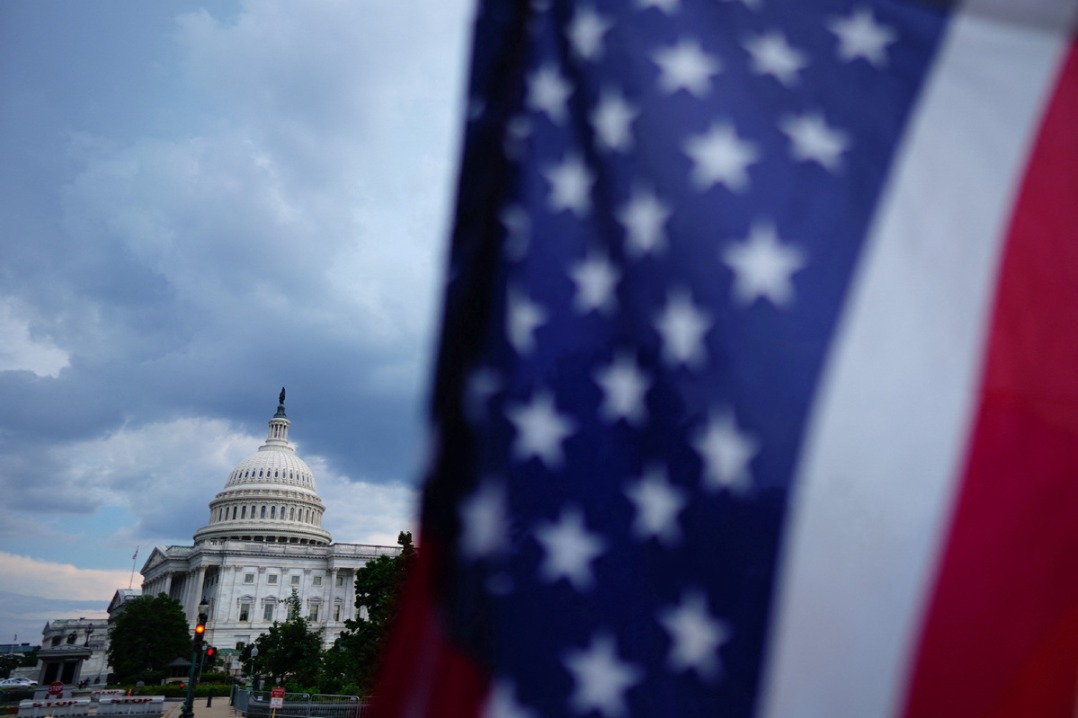Scholar analyzes Australia election's impact


A former Australian political adviser said the Australia's election results in early May have indicated the growing political maturity in Australia in a recent lecture held by Beijing-based think-tank.
Warwick Powell, an associate professor at Beijing Foreign Studies University and former adviser to former Prime Minister Kevin Rudd, made such remarks in a latest lecture series hosted by Beijing Club for International Dialogue. He explored the implications of Australia's election under the theme From Canberra Politics to the Global Stage on May 12.
Powell said that the election results reflect a growing political maturity in Australia, with voters embracing multiculturalism and rejecting outdated security fears around Asian immigrants. He noted that under the Anthony Albanese government, Sino-Australian ties have stabilized, and this renewed mandate offers a chance to further deepen cooperation — especially on global governance, digital technologies, and clean energy.
Australia's evolving relationship with Asia was also in focus. As Australia's export to China accounts for about 30 percent of former's total export, Powell said the need for long-term engagement with China is stronger than ever. This election marks an opportunity for Australia's second transformation, moving beyond colonial mindset toward a more inclusive, pragmatic regional posture.
On the bilateral front, Powell advocated a "stability-first, pragmatic-cooperation" model. He suggested that the Australia and China can go beyond the traditional trade model by developing dual-track partnerships in technology and resources, strengthening people-to-people ties through education and student exchange, and launching dialogue mechanisms on issues like climate change and maritime security.
The event was co-moderated by Han Hua, co-founder and secretary-general of Beijing Dialogue, and Einar Tangen, a senior fellow at the Taihe Institute. Attendees included diplomats, scholars, and business leaders .
The lecture provided a timely platform for rethinking Australia's evolving role in the Asia-Pacific region and its complex but crucial ties with China.


































